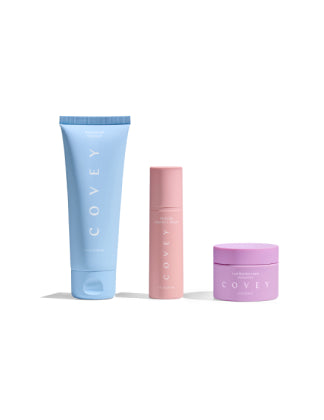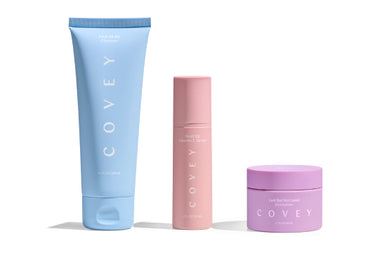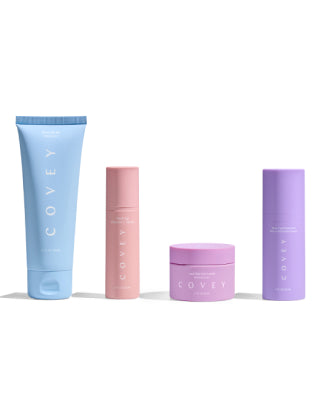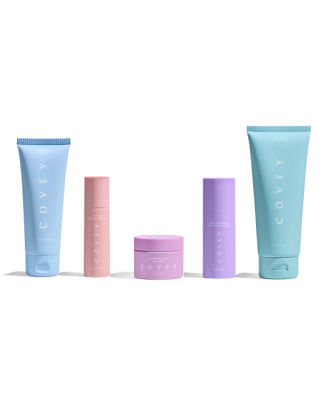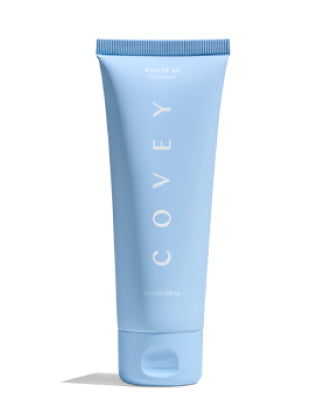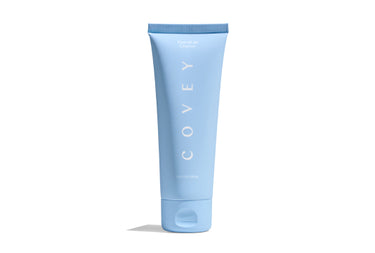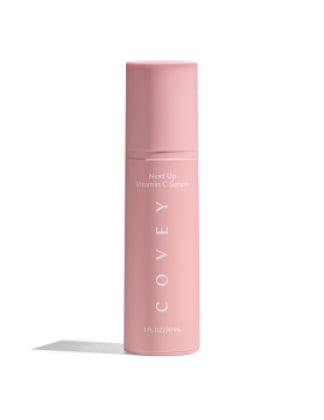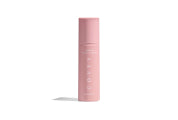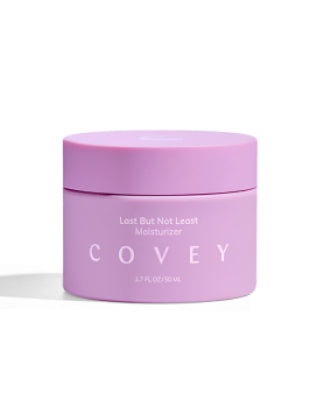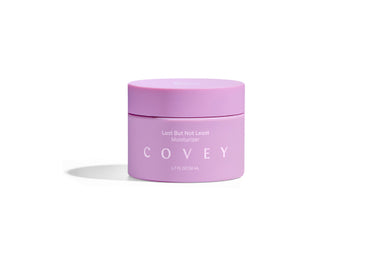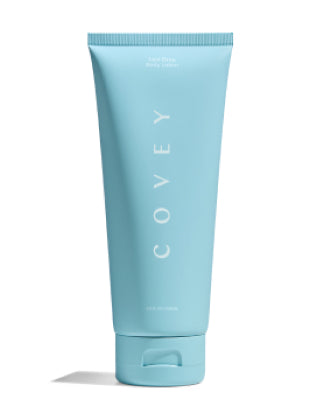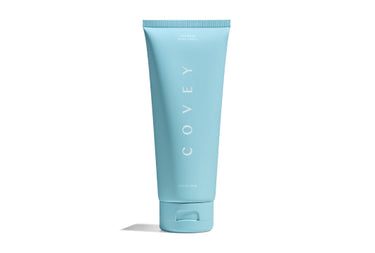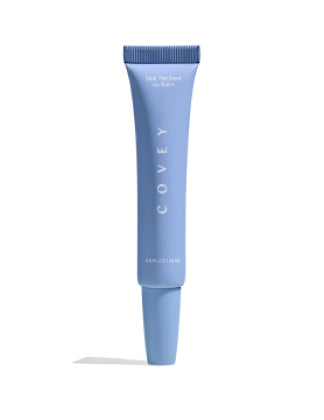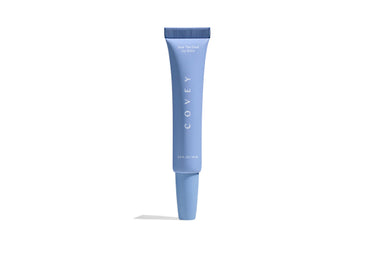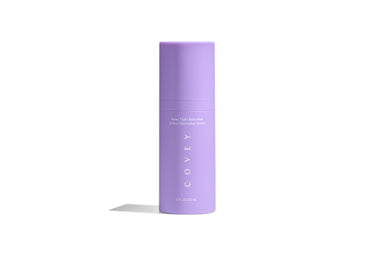
Ingredient Spotlight: Vitamin C
Vitamin C is a superstar antioxidant in the skincare realm. It’s the stuff that powers countless serums and creams out on the market today. But what even are antioxidants…and why should you put them on your face?
You might be a little hesitant to add Vitamin C to your skincare routine, but don’t worry — we’ll demystify its benefits, explain why antioxidants matter and how they work, and break down how to add Vit C to your everyday routine (without irritating your skin!)
First, what is Vitamin C?
Okay yes, Vitamin C is an antioxidant, which means it helps protect and repair your skin from the ongoing oxidative damage that comes with living and aging. This might be pollution, exposure to environmental stressors, or UV rays.
Basically, you can’t avoid damage to the skin entirely (that’s just a regular part of existing!) but you can leverage antioxidants like Vitamin C to fight free radicals, even your skin tone, and boost collagen production for healthy, plump skin.
Benefits of Vitamin C for Skin
A little while back, we sat down with dermatologist Dr. Julie Russak to talk about all things Vitamin C. “Everybody needs Vitamin C,” said Dr. Russak. “Everyone will benefit from it because everyone is exposed to free radicals and the environment.”
A few benefits of using Vitamin C in a serum or other skincare product in your routine include:
- Protects from free radicals and environmental stressors that harm skin
- Promotes collagen production
- Aids in reducing hyperpigmentation and erasing dark spots over time
- Brightens skin for total radiance (that enviable glow from the inside out!)
- Works well with other antioxidants like ferulic acid and Vitamin E (retinol, not so much)
When to Use Vitamin C in Your Skincare Routine
Vitamin C is safe enough to use daily, and most derms recommend adding an antioxidant to your routine right after cleansing. Then, lock in the effects of the antioxidant with a nourishing, hydrating moisturizer.
What is L-Ascorbic Acid?
L-ascorbic acid is a water-soluble molecule that packs a punch of Vitamin C in most water-based serums or powders. L-ascorbic acid is the most commonly used form of Vitamin C you’ll see in skincare formulations.
However, there’s a new kid on the block called THD Ascorbate.
So What is THD-Ascorbate?
THD Ascorbate is a more stabilized form of Vitamin C than L-ascorbic acid, and is 50x more powerful than other formulations on the market. Why does stability matter? Well, Vitamin C is a very finicky ingredient that can oxidize quickly — rendering all those skin benefits practically useless.
Because THD Ascorbate is more stable, your Vitamin C serum will have a longer shelf life and it’s lipid-soluble, providing deeper penetration into skin than L-ascorbic acid.
That’s why we formulated the Covey Next Up Vitamin C Serum with this more powerful form of Vitamin C — to deliver maximum benefit and solubility for skin. It’s also gentle enough to use 2x daily (morning and night) without irritating skin.
@coveyskin THD Ascorbate > Everything else! 🏆✨ #vitmainc #skincaretiktkok #vitamincserum ♬ original sound - sped up songs ❤️🩹
Everything Else You Need to Know
Can you tell we’re passionate about Vitamin C? A few other notes before you try or buy.
Vitamin C can go bad, and the anti-aging and antioxidant properties can lose their potency if repeatedly exposed to light and heat. Here are a few signs your Vit C serum has gone bad:
- Change in color (a sign of oxidation)
- Changes in scent or texture (ew, hot dog water smell!)
- You’ve had it sitting on your shelf for >6 months. Most Vitamin Cs are most effective within 3-6 months of opening, especially if you’re using daily
Now that you know the full deal of Vitamin C in skincare, you can decide what kinds of serums and ingredients are right for you.
Learn more about Covey’s Next Up Vitamin C serum.


